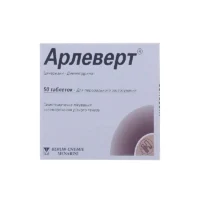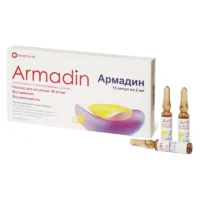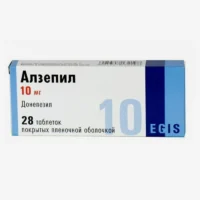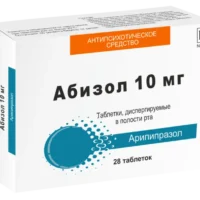Description
Neirispin (Risperidone) Coated Tablets 4 mg
Ingredients:
- Each coated tablet contains 4 mg of risperidone.
Dosage:
- The usual recommended dose is 2-8 mg per day, taken once daily.
Indications:
- Neirispin (risperidone) is indicated for the treatment of schizophrenia and bipolar disorder.
Contraindications:
- Do not use Neirispin if you are allergic to risperidone or any other ingredients in the product.
Directions:
- Take Neirispin exactly as prescribed by your healthcare provider. Do not change the dose or stop taking the medication without consulting your doctor.
Scientific Evidence:
Risperidone, the active ingredient in Neirispin, is a second-generation antipsychotic medication that works by blocking the action of dopamine and serotonin receptors in the brain. This helps to regulate the balance of these neurotransmitters, which are believed to be imbalanced in conditions like schizophrenia and bipolar disorder.
Clinical trials have shown that risperidone is effective in reducing the symptoms of schizophrenia, such as hallucinations, delusions, and disorganized thinking. It has also been found to be beneficial in managing the symptoms of acute mania or mixed episodes associated with bipolar disorder.
Additional Information:
- It is important to follow your healthcare provider’s instructions carefully when taking Neirispin. Be aware of any potential side effects, such as drowsiness, weight gain, or movement disorders, and report any concerns to your doctor.
- Always inform your healthcare provider about all the medications you are taking, including prescription, over-the-counter, and herbal supplements, to avoid any potential drug interactions.





